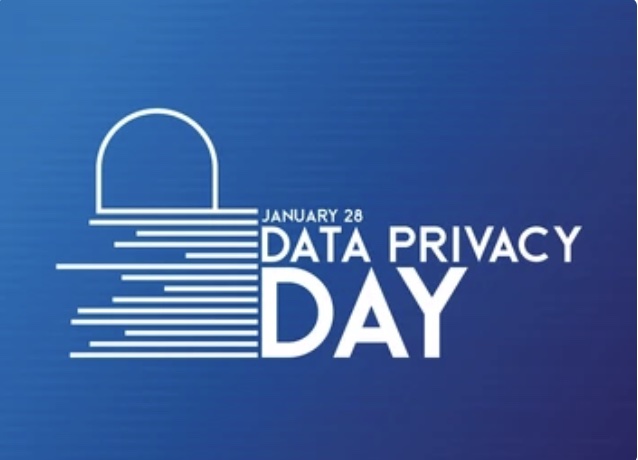Data Privacy Day, celebrated annually on January 28th, reminds businesses and individuals to take control of their personal information in the digital age. Understanding the importance of data privacy is crucial for preventing fraud and maintaining customer trust. This day emphasizes the need to be proactive in safeguarding sensitive information while highlighting the role knowledge plays in mitigating risks.
Why Data Privacy Matters to Consumers:
- Protecting Personal Information: Data privacy involves safeguarding personal details such as names, addresses, SSNs, and financial information. When this information falls into the wrong hands, it can lead to identity theft and financial loss.
- Securing Online Transactions: Consumers regularly share sensitive data on various platforms through online transactions. Understanding how to secure these transactions and recognizing potential risks is essential to prevent unauthorized access and fraud.
- Preserving Digital Identities: Consumers today have digital identities that extend beyond the physical realm. Protecting these identities from theft and misuse requires awareness of online threats and adopting secure practices in daily digital interactions.
- Mitigating Phishing Risks: Phishing attacks, where cybercriminals attempt to trick individuals into revealing sensitive information, are everywhere. Knowledge of common phishing tactics can significantly reduce the risk of falling victim to such scams.
- Ensuring Social Media Privacy: Social media platforms often serve as targets for identity theft and unauthorized access. Consumers need to understand privacy settings, limit the information shared online, and be cautious about connecting with unknown entities.
The Role of Knowledge in Prevention:
- Awareness of Cybersecurity Threats: Businesses that stay informed about prevalent threats demonstrate a commitment to safeguarding customer data. This awareness allows organizations to implement robust security measures and proactively address potential risks, instilling confidence in their clientele.
- Educating on Strong Password Practices: Encouraging and educating customers on the importance of strong and unique passwords is a key aspect of building a secure digital ecosystem. Businesses prioritizing password hygiene and advocating for multi-factor authentication showcase a dedication to customer data protection.
- Recognizing Social Engineering Tactics: Businesses need to recognize and mitigate social engineering tactics, such as impersonation scams, to prevent unauthorized access to customer information. Proactive measures here not only protect the business but also bolster customer trust by showcasing a commitment to thwarting deceptive practices.
- Regular Monitoring of Financial Accounts: Vigilant monitoring of financial transactions and prompt action against any irregularities underscore a business’s dedication to customer financial well-being. This transparency builds trust as customers feel reassured that their financial interactions are considered.
- Utilizing Privacy Tools and Settings: Businesses that leverage and promote privacy tools and settings on their platforms empower customers to control the accessibility of their data. By providing these options and educating customers on how to use them, businesses demonstrate a commitment to respecting user privacy and fostering a positive brand image.
The role of knowledge in cybersecurity is not only about safeguarding a business but also about creating an environment where customers feel secure and trust the brand. Businesses that prioritize awareness and implement proactive measures fortify their defenses against potential threats while contributing to customer loyalty and brand building. As consumers increasingly value security and privacy, businesses aligning their practices with these expectations stand to gain a competitive edge.
LibertyID Business Solutions provides Business fraud remediation, full pre-breach preparation with custom WISP protocols, post-breach regulatory response, customer and employee identity fraud restoration management, advanced employee training, and third-party vendor management tools.

